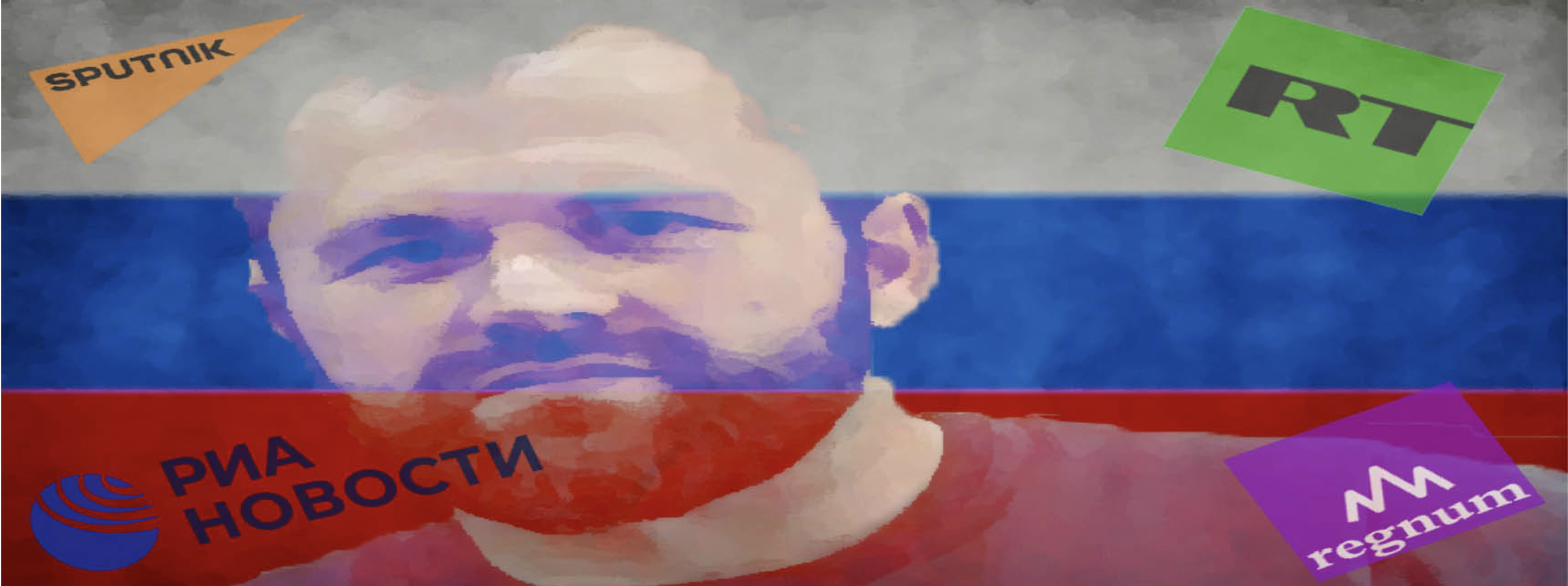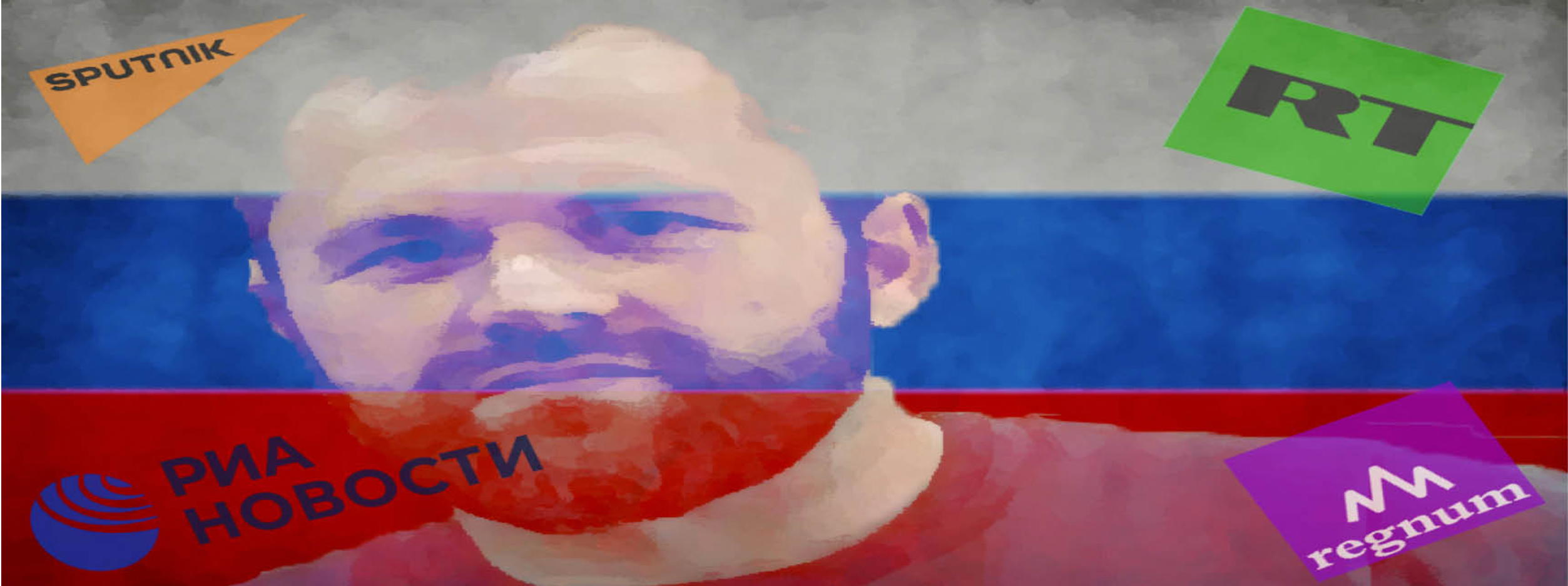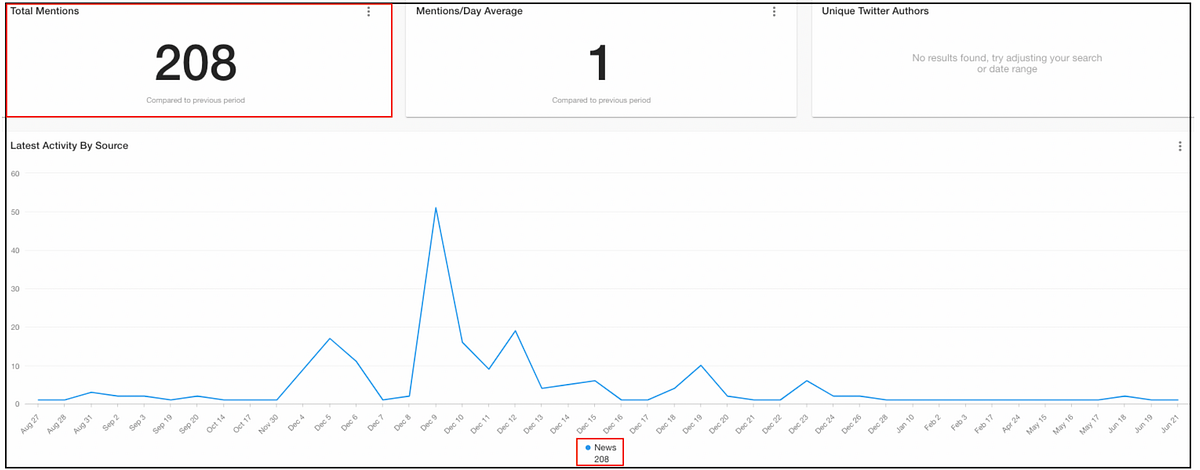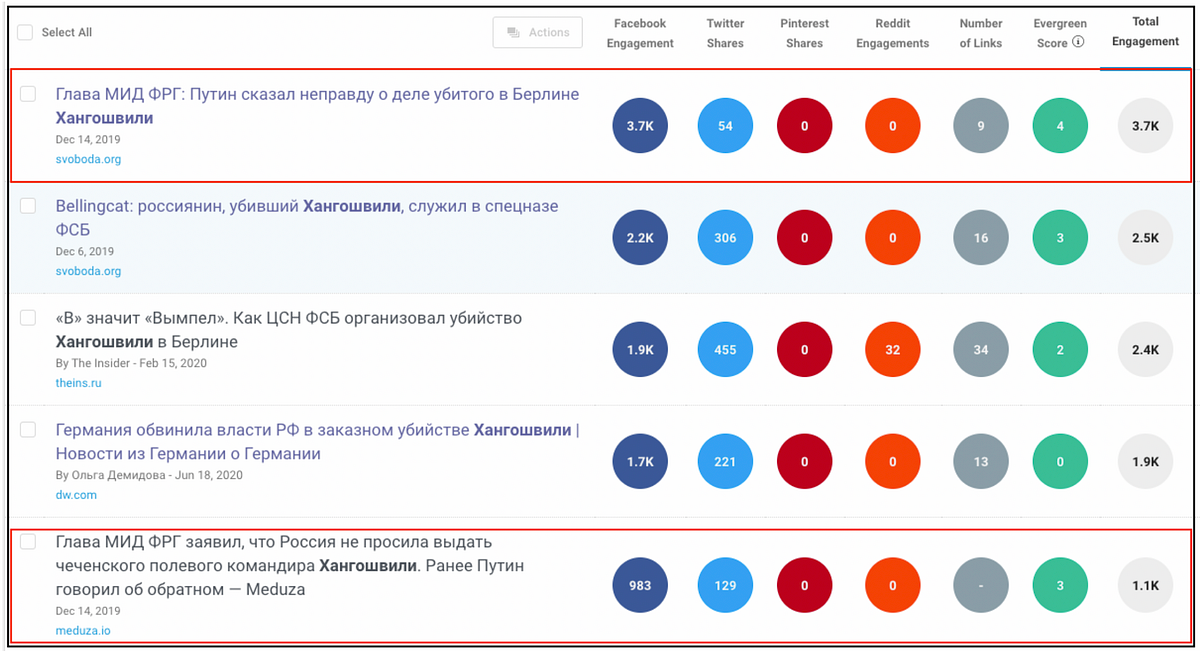How the Kremlin asserted plausible deniability in Zelimkhan Khangoshvili’s murder
In the face of mounting evidence
How the Kremlin asserted plausible deniability in Zelimkhan Khangoshvili’s murder

In the face of mounting evidence of its culpability, the Kremlin employed the 4 D’s of Disinfo regarding the murder of a Georgian national

This story was published in partnership with On.ge. სტატია ვრცლად წაიკითხეთ აქ.
The 2019 murder of a Zelimkhan Khangoshvili, a Georgian national of Chechen decent, and the German Federal Prosecutor’s recent accusation that Russian “government agencies” ordered the political assassination, has spurred unsubstantiated accusations from Kremlin officials and pro-Kremlin outlets. The DFRLab used the 4 D’s of Disinformation model to categorize pro-Kremlin narratives with regard to Khangoshvili’s murder. The Kremlin has employed all four rhetorical techniques — Dismiss, Distort, Distract, and Dismay — to discredit the victim and draw attention away from its own alleged culpability in the assassination.
Khangoshvili, a veteran of the Second Chechen War (1999–2009), was shot dead in Berlin on August 23, 2019 after having survived a previous attempt on his life in Georgia in 2015. Police arrested the alleged assassin shortly afterwards, who Bellingcat identified as Vadim Krasikov, a Russian citizen who had reportedly used fake identity documents to cross the border and enter the EU several days prior to the assassination. In December 2019, Germany expelled two Russian diplomats from the country due to the unwillingness of the Russian government to cooperate with German law enforcement authorities in the course of an investigation into Khangoshvili’s murder. On June 18, 2020, the Federal Prosecutor of Germany charged Vadim Krasikov for killing Khangoshvili under orders from Russian government representatives; the case is currently before the German court.
Dismiss
Russia’s initial reaction to criticism from other countries is often to dismiss allegations, either by denying them or denigrating those make the accusations. On June 20, 2020, Sergei Nechaev, the Russian Ambassador to Germany, called the German Prosecutor’s indictment “baseless and unfounded.” Prior to that, Kremlin politicians and pro-Kremlin outlets tried to discredit Khangoshvili by calling him an Islamic terrorist. In December, 2019, RT reported that Khangoshvili was a “dangerous Islamist” connected to an international criminal Islamist network. In a separate article, RT author Alexander Sosnovsky claimed that Khangoshvili had been dubbed the “sleeping Islamist” in Germany, implying that he was a latent terrorist threat. Along similar lines, Regnum accused Khangoshvili of being an Islamist without providing any evidence.

There is no evidence to suggest that Khangoshvili was an Islamist or that he supported Islamic militancy. After Germany granted him political asylum, the Federal Criminal Police Office designated him a “Gefährder,” which means a person who is being monitored as a potentially risky individual. However, German police lifted this status in 2018, as his ties with Islamists were not confirmed. In spite of this, pro-Kremlin media continued to accuse Khangoshvili of being an Islamist terrorist. A Bellingcat investigation found no evidence that Khangoshvili supported Islamist ideology and, as Fidelius Schmid, a journalist at Der Spiegel suggested, it was Russia that initially appealed to German law enforcement authorities to monitor Khangoshvili. Moreover, Giga Bokeria, the former secretary of the National Security Council of Georgia, said that Khangoshvili had been closely cooperating with Georgian authorities on counter-terrorism investigations.
Distort
The distort technique is an attempt to falsify or misrepresent the facts and present alternative evidence. These distortions can range from outright falsehood to omitting critical context. Kremlin officials tried to distort the facts related to Khangoshvili’s murder from the outset, and pro-Kremlin media promoted alternative theories about who actually killed Khangoshvili instead of highlighting the available evidence.
On December 10, 2019, Vladimir Putin claimed that Russian law enforcement authorities had repeatedly asked German counterparts to extradite Khangoshvili to Russia to no avail. After Putin’s statement, the Foreign Minister of Germany, Heiko Maas, accused him of lying, and stated that Germany had never received a request from Moscow to extradite a Georgian citizen, nor did it receive information about the charges against Khangoshvili in Russia. On December 19, 2019, Putin revised his earlier claims, arguing that Russia had not sent an official request to Germany because Russian officials “considered this pointless, since they had already received, in fact, a negative answer.”

Pro-Kremlin media outlets put forward alternative hypotheses as to the identities of Khangoshvili’s killers, turning a blind eye to the mounting evidence suggesting that the Russian state was involved in the murder. Ria Novosti suggested that Khangoshvili was providing information about the Chechen diaspora to Georgian and American law enforcement authorities, and that the Chechens killed him in retaliation. The author of the article claimed that in 2012, Khangoshvili lured several Chechen fighters into a Georgian police sting operation in Lopota Gorge, Georgia, and police killed the men. He concludes that the version of events claiming that the Chechens killed Khangoshvili as retaliation for his cooperation with police is the most plausible explanation for the murder, but Western media is deliberately obscuring it. Along similar lines, an article in Kommersant asserted that Khangoshvili invited Chechen militants to Georgia in 2012 and allowed Georgian special forces to kill them, and also suggested that Khangoshvili’s murder was a revenge killing.
In August, 2012, Georgian police indeed killed several Chechnyan and Dagestani fighters who had taken several locals hostages in Lopota Gorge. At the time, the Georgian government had asked Zelimkhan Khangoshvili to serve as one of the hostage negotiators. The negotiations failed, however, and Georgian police moved in and killed the hostage takers. There is no evidence that Khangoshvili invited insurgents to Georgia or that played any role in this incident other than serving as a negotiator. The indictment of the Federal Prosecutor of Germany specifies that the killing was ordered by the Russian government, and it does not mention Chechnyan individuals being involved in his murder.
Distract
The next technique in Kremlin’s information arsenal is distraction. When the Kremlin’s adversaries accuse it of doing something wrong, the Kremlin launches a campaign against the accuser or victim to distract from its own wrongdoing.
In 2019, President of Russia Vladimir Putin described Khangoshvili as “a very tough, bloody man” in an attempt to discredit him. He claimed that Khangoshvili was an organizer of “the explosions in the Moscow subway,” but did not specify which explosions he was referring to.
The DFRLab could not find Zelimkhan Khangoshvili’s name in a Russian database of individuals involved in extremist activities or terrorism. Moreover, Polygraph Info could not find Khangoshvili’s name mentioned in any of the investigations into the seven metro explosions that have taken place in Russia since 1996. Official charges against Khangoshvili in Russia do not include any charges related to an explosion in a Moscow metro station. The Guardian has suggested that the allegations about Khangoshvili’s involvement in these attacks only surfaced after his death.
Without providing any evidence, pro-Kremlin outlets accused Western countries of sabotaging Russia-German relations with Khangoshvili’s case. Sputnik Georgia claimed that Washington pressured Germany to accuse Russian officials of Khangoshvili’s murder in an effort to damage diplomatic relations between Germany and Russia and thwart the Nord Stream 2 pipeline project. Along similar lines, Vzglyad magazine questioned official allegations and wrote that Khangoshvili was killed “at a time when Russia and Germany were on the verge of improving relations and completing the construction of Nord Stream 2… All this leads to certain thoughts.” Ria Novosti accused Bellingcat of manipulation with fake investigations that ultimately influenced the German Prosecutor’s findings. Lastly, RuBaltica presented the allegations related to Khangoshvili’s murder as an act of information warfare on the part of Western countries against Russia.

Dismay
The final technique in the 4 D’s toolkit to dismay — intimidate and threaten the opponent with negative consequences if they do not change course.
An article published in RT alleged that the United States wanted to create a scandal out of Khangoshvili’s assassination similar to the “Skripal scandal,” a reference to the poisoning of a former Russian spy, Sergei Skripal, and his daughter, Yulia, ordered by the Kremlin in 2018. The author of the article noted, however, that Russia is an important economic partner for Germany, and that, as a result Germany will suffer enormous losses if it breaks economic ties with Russia. Because of this, the article claimed, German Chancellor Angela Merkel projects a public image as a hardliner vis-à-vis Putin and Russia, but nonetheless is careful not to damage economic relations.
The Kremlin employed a familiar toolkit to assert plausible deniability in the face of mounting evidence of its role in Khangoshvili’s murder. In an attempt to discredit the victim, it painted him as a dangerous Islamist militant; in an effort to discredit its own accusers, it accused Germany of failing to extradite Khangoshvili to Russia. Pro-Kremlin media also pushed various counterclaims about Western countries’ alleged attempts to sabotage Russian-German relations, without any evidence. Moscow’s record of employing the 4 D’s framework to claim innocence, especially when faced with accusations of extrajudicial killings of its enemies, is a troubling pattern.
Givi Gigitashvili is Research Assistant, Caucasus, with the Digital Forensic Research Lab and is based in Georgia.
This research is part of the #ElectionWatch Georgia project in partnership with On.ge, made possible through support from East-West Management Institute (EWMI) and US Agency for International Development (USAID). Contents of this report are the sole responsibility of the author and do not necessarily reflect the views of EWMI, USAID or US Government.
Follow along on Twitter for more in-depth analysis from our #DigitalSherlocks.

